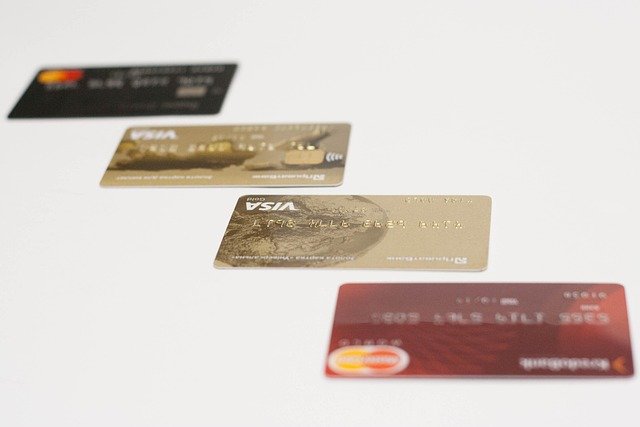Understanding Personal Loans: A Comprehensive Guide
Personal loans have become a popular financial tool for individuals seeking to manage their finances, fund major purchases, or consolidate debt. This article will explore the intricacies of personal loans, providing valuable insights into how they work, their benefits, and important considerations for potential borrowers.

When applying for a personal loan, borrowers undergo a credit check and income verification process. The lender assesses the applicant’s creditworthiness and financial stability to determine the loan terms, including the interest rate and repayment period. Once approved, the borrower receives the loan amount in a lump sum and begins making regular payments to repay the principal and interest.
What are the common uses for personal loans?
Personal loans offer flexibility in their usage, making them suitable for various financial needs. Some common purposes include:
-
Debt consolidation: Combining multiple high-interest debts into a single, lower-interest loan.
-
Home improvements: Financing renovations or repairs to increase property value.
-
Major purchases: Funding weddings, vacations, or expensive appliances.
-
Medical expenses: Covering unexpected healthcare costs or elective procedures.
-
Business startup: Providing initial capital for small business ventures.
The versatility of personal loans makes them an attractive option for individuals seeking financial solutions tailored to their specific needs.
How do interest rates and terms affect personal loans?
Interest rates and loan terms play a crucial role in determining the overall cost of a personal loan. Interest rates can be fixed or variable, with fixed rates offering predictable monthly payments throughout the loan term. Variable rates may fluctuate based on market conditions, potentially resulting in changing payment amounts.
Loan terms, typically ranging from 12 to 84 months, affect both the monthly payment amount and the total interest paid over the life of the loan. Shorter terms generally result in higher monthly payments but lower overall interest costs, while longer terms offer lower monthly payments but higher total interest expenses.
It’s essential for borrowers to carefully consider their financial situation and compare offers from multiple lenders to find the most favorable combination of interest rates and terms.
What documents are required for a personal loan application?
When applying for a personal loan, lenders typically require several documents to verify the borrower’s identity, income, and financial stability. Common documents include:
-
Government-issued identification (e.g., driver’s license, passport)
-
Proof of income (recent pay stubs, tax returns, or bank statements)
-
Proof of address (utility bills or lease agreement)
-
Employment verification (employer contact information or recent W-2 forms)
-
Bank account information for fund transfer
Some lenders may request additional documentation, such as credit reports or statements of assets and liabilities. Having these documents readily available can streamline the application process and potentially lead to faster approval.
How does credit score impact personal loan eligibility and terms?
A borrower’s credit score plays a significant role in determining both eligibility for a personal loan and the terms offered. Credit scores typically range from 300 to 850, with higher scores indicating better creditworthiness. Lenders use these scores to assess the risk of lending to an individual.
Borrowers with excellent credit scores (typically 720 or higher) often qualify for the most favorable interest rates and terms. Those with good credit (680-719) may still receive competitive offers, while fair credit (640-679) or poor credit (below 640) borrowers may face higher interest rates or stricter requirements.
It’s important to note that some lenders specialize in offering personal loans to individuals with less-than-perfect credit, though these loans often come with higher interest rates to compensate for the increased risk.
What are the pros and cons of personal loans?
Personal loans offer several advantages and disadvantages that borrowers should consider:
Pros:
-
Fixed interest rates and predictable payments
-
Potentially lower interest rates compared to credit cards
-
No collateral required for unsecured loans
-
Flexibility in loan use
-
Opportunity to build credit with timely payments
Cons:
-
Higher interest rates compared to secured loans
-
Potential for fees (origination fees, late payment fees)
-
Risk of accumulating debt if not managed responsibly
-
Impact on credit score if payments are missed
-
May require good to excellent credit for the best terms
Carefully weighing these factors can help individuals determine if a personal loan is the right financial solution for their needs.
In conclusion, personal loans can be a valuable financial tool when used responsibly. By understanding the intricacies of how they work, the documentation required, and the impact of credit scores on loan terms, borrowers can make informed decisions about whether a personal loan is the right choice for their financial situation. As with any financial product, it’s crucial to carefully consider the terms, compare offers from multiple lenders, and ensure that the loan aligns with long-term financial goals.






